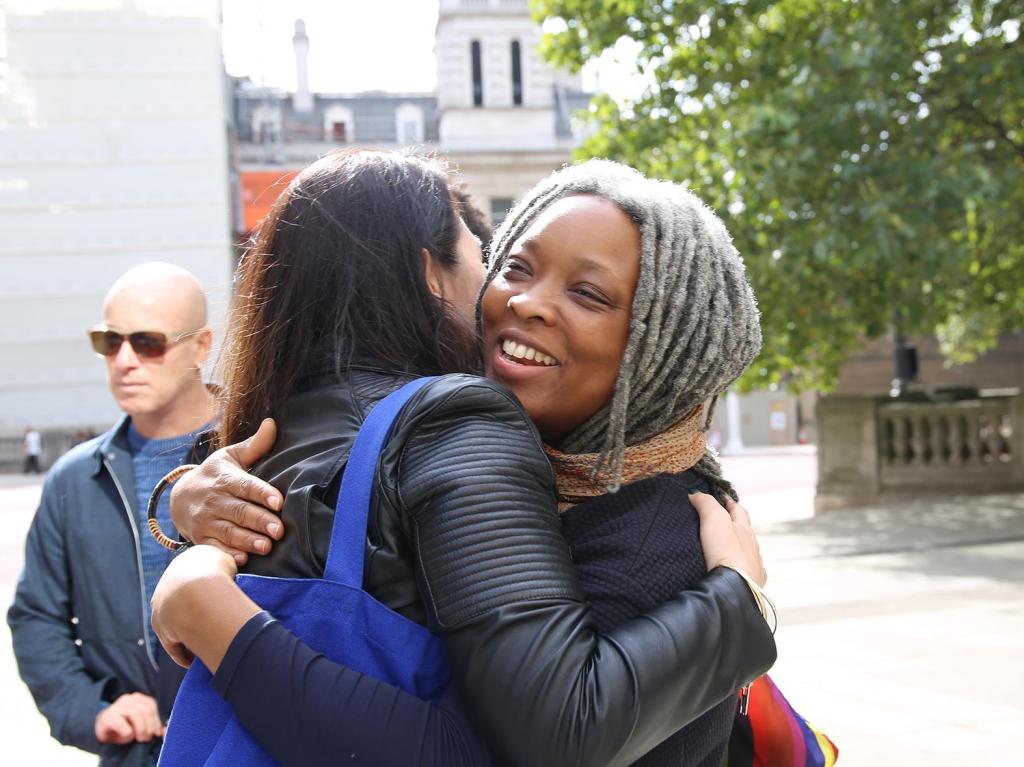Improving the representation of artists, producers, and curators from First Nations and culturally diverse backgrounds is one of the most important issues facing the arts sector internationally. According to the Australia Council for the Arts’ 2017 Making Art Work report, only 10% of the arts workforce is made up of people from a non-English speaking background compared to 18% of the general workforce.
It’s not much better in the UK either. The Arts Council of England found that people from a minority ethnic background make up 12% of staff at their National Portfolio Organizations and only 5% of staff at Major Partner Museums compared to 16% of the general workforce.
The question remains, how can we strengthen diversity and improve this under-representation? With that goal in mind and working with Diversity Arts Australia, the British Council has developed a new initiative, INTERSECT.
Director of the British Council in Australia, Helen Salmon said: ‘INTERSECT seeks to strengthen the international profile and opportunities available to First Nations and culturally and linguistically diverse curators, creative producers and artistic directors.
‘It brings together influential programming decision-makers in the UK and Australia who are creating a legacy for artists and driving change across our sector.’
The program, which takes the form of sustained peer-to-peer mentorships, networking and knowledge exchanges between the UK and Australia, has already kicked off, resulting in some exciting outcomes for the sector.
Read: British Council’s ambitious stride forward through inclusivity
Late last year, in September, three of the sectors biggest influencers – Candy Bowers, Mikala Tai and Jacob Boehme – travelled to the UK as the first Australian participants of INTERSECT.
There they met with UK peers who curated a range of meetings for their Australian colleagues, introducing them to artists and curators on their radar. An element of the program that sets INTERSECT apart is the opportunity for the participants to personally program elements of the knowledge exchange, introducing their international counterparts to their own working contexts and collaborators.
INTERSECT is also facilitating healthy interdisciplinary conversations between participants through peer-to-peer mentorships.
Australian participant Mikala Tai, Director of 4A Centre for Contemporary Asian Art, said for her, working with the other participants was an opportunity to understand what was happening outside of the visual arts.
‘I had fallen out of touch with conversations happening in the theatre sector. I used to be so much more diligent about it but I think once you get to a certain point in your career, you can just barely manage your own area, let alone across disciplines. It was really nice to see how similar conversations are happening in different disciplines,’ she told ArtsHub.
Curator and project manager Adelaide Bannerman, who will be visiting Australia along with the other UK participants this month, also reflected on the opportunity to enable interdisciplinary conversations.
‘I realised I had kind of ghettoised myself into the visual arts. I was working with performance, but in a very particular way, so it has been interesting to hear what those discussions are in parallel to one another and see where I can join the dots in terms of understanding how different sectors could work together,’ said Bannerman.
For the second part of the knowledge exchange, Bannerman (along with the other UK participants Natalie Ibu and Abdul Shayek) will soon arrive in Australia. Bannerman is the first to make the trip, and will meet up with Tai this month.
While Bannerman has usually been mentored and developed networks through less formal avenues, participating in a formal peer-networking group appealed to her. ‘Because I’ve worked freelance I have a gap, or I’m out of certain conversations on a daily basis,’ she explained.
‘I think it is actually consciously being part of this peer-network that I felt I needed at this particular moment of my career. I needed that care and understanding between other professionals.’
Bannerman hopes her participation in INTERSECT will lead to a deepening of the new working relationships between participants ‘and what kinds of conversations we can then have, what kind of talent we can nurture together … that’s what I would see as the legacy of this program.’
INTERSECT knowledge exchange takes place in Australia from 25 February to 5 March 2019. Applications for INTERSECT 2019 open on 29 April. To find out more visit britishcouncil.org.au/intersect





